Why is my manager so focused on quick wins?

Q: Why is my manager so focused on quick wins?
A:
Build momentum.
Encourage people.
Now, as with anything new, not everyone is going to want to be the early adopterNot Everyone Wants To Be FirstA chasm exists between early adopters and the early majority, where the early adopters often appreciate the benefits of new innovation regardless of its early faults.. That means you might not be part of the team making the change and that might feel a little awkward. After all, we all want recognition for what we do, and a shiny new object might get all the visibility.
3 Ways Inexperienced Leaders Misuse Quick Wins
Feigning Progress
One of the behaviors immature leaders will exhibit is using quick wins to feign progress when the real work is missing expectations. You can tell this is what’s happening when the quick win does not actually align meaningfully with the more strategic work. It often feels like duplicative work or throw away.
Creating First Mover Advantage
Another reason less effective leaders push for quick wins is for internal “first mover advantage” where showing existing work is evidence of ownership. So, the idea here is that if they can show they are already engaged then they should either own the mission or at least have a seat at the table. You can tell this is the case when they are producing slideware far in advance of any real work. Another indicator is if the work being executed is awkwardly including only slightly related past deliverables as if to show a longer history.
Building The Brand of a Change Agent
Finally, quick wins can become the favorite strategy of opportunistic and tactical leaders. They champion speed of execution to take on the brand of a change agent, but never actually deliver on anything strategic. They run from win to win with superficial connection to strategic priorities or initiatives. You can tell this is happening when the team’s work has high churn in topic and priority. Another indicator is that the volume of accomplishment list is long but is shallower on impact and value.
These last three uses of quick wins are not all bad, even if they nod to icky company politics. There is something to be said for effectively managing expectations using frequent deliverables, proving expertise where the leadership and team are passionate and erring on the side of progress and not perfection. Avoid the less virtuous behavior aspects and quick wins offer these advantages.
Next steps: Actions that change everything
- Link quick win activity to strategic themes, programs, projects or initiatives. Avoid gratuitous delivery.
- Use quick wins to demonstrate what is possible, create momentum and encourage. This is about creating clarity, support and permission.
- Use quick wins to show interest in new work in a minimal risk and high impact way. Think prototype vs. product. Think value vs. variety.
- If you are great at innovation and not as interested in production, get good at building process and teams to transition the initiative from fast mover to steady state. This all about ensuring your work burns brightly vs. flash in the pan.
- If you are the type that is less excited by the quick win drum beat, consider managing the work using an agile method. Agile methodologies are all about reducing work to actionable steps to show progress, reduce failures to delivery and increase delivering something of value. Suddenly, the quick win is simply the outcome of a sprint from a strategic body of work vs. a special project.
Three tools for all leaders
READ
We use affiliate links on this site. We make a bit of money when you click on those links. It costs you nothing and helps us spread the word.







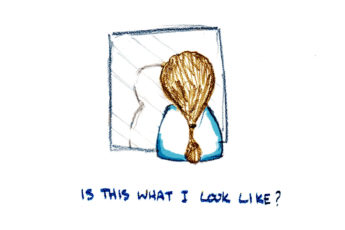
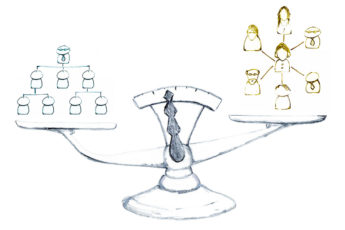
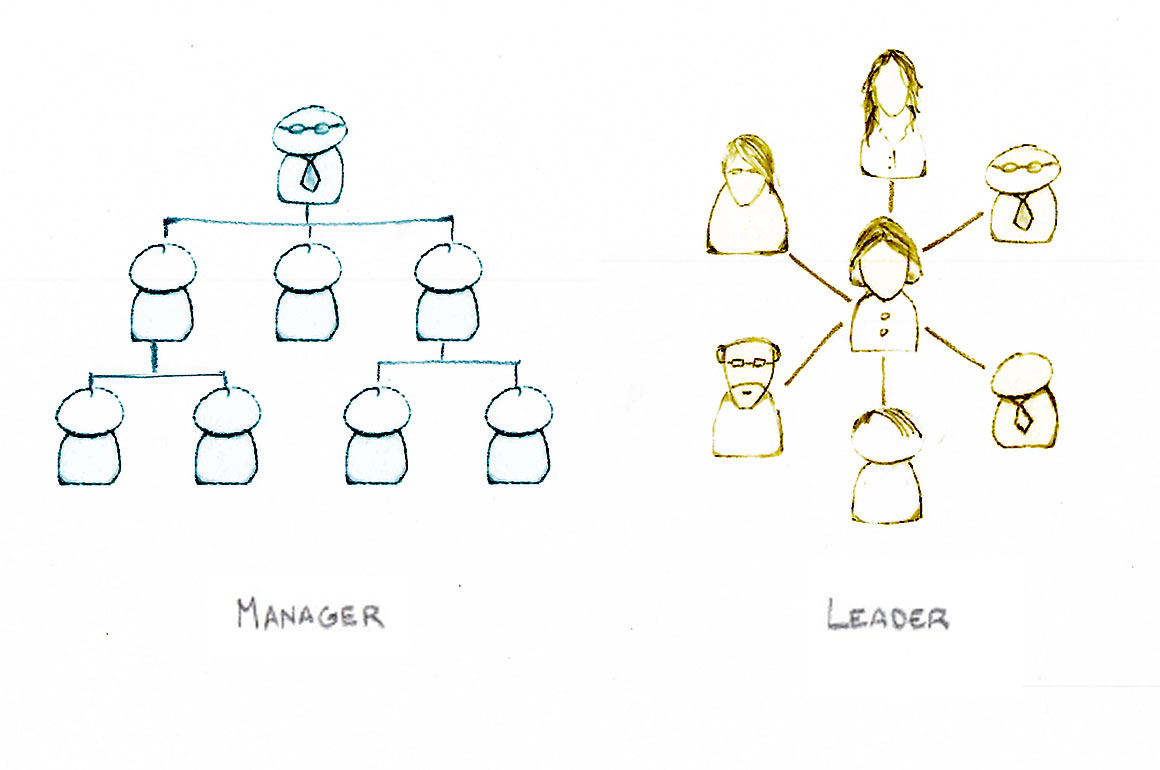
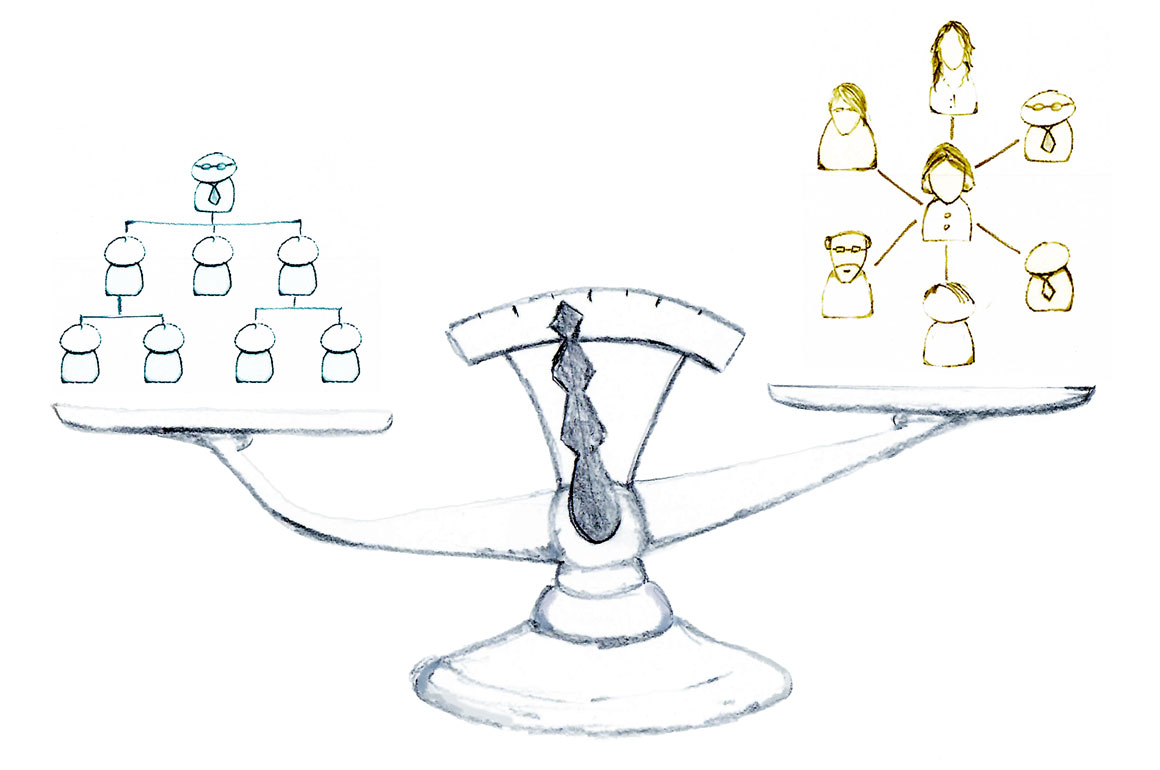
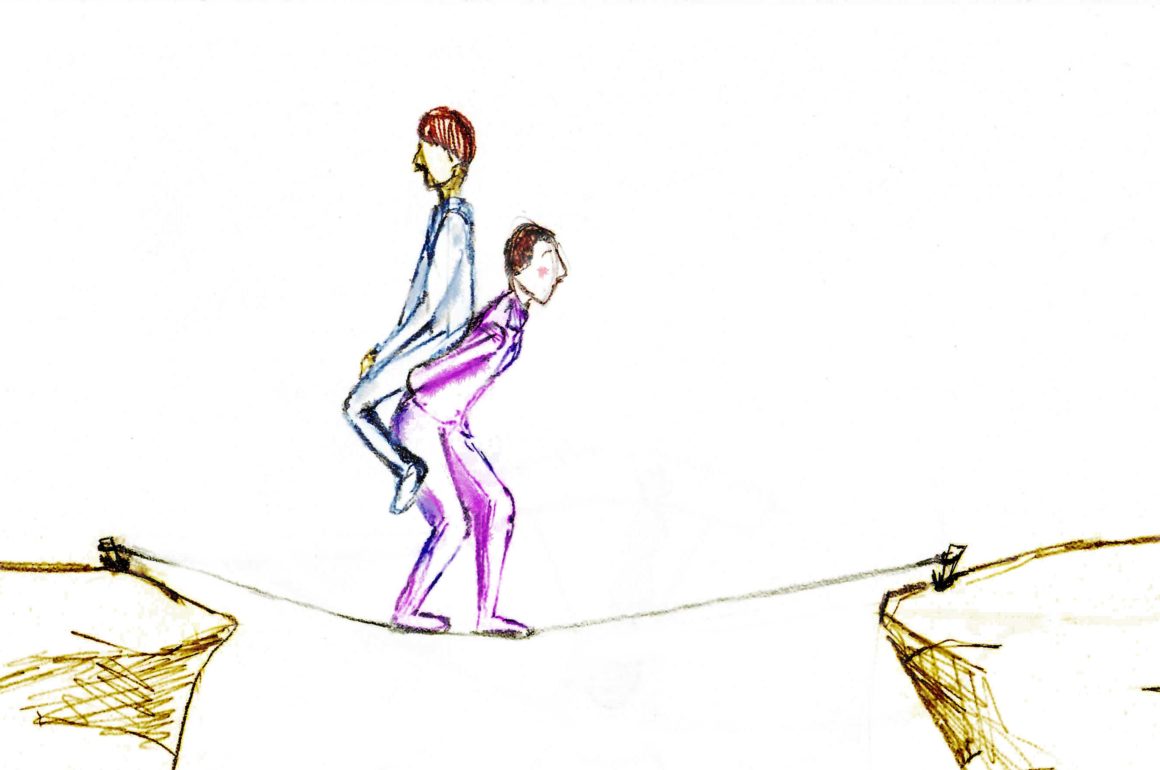
Leave a Comment